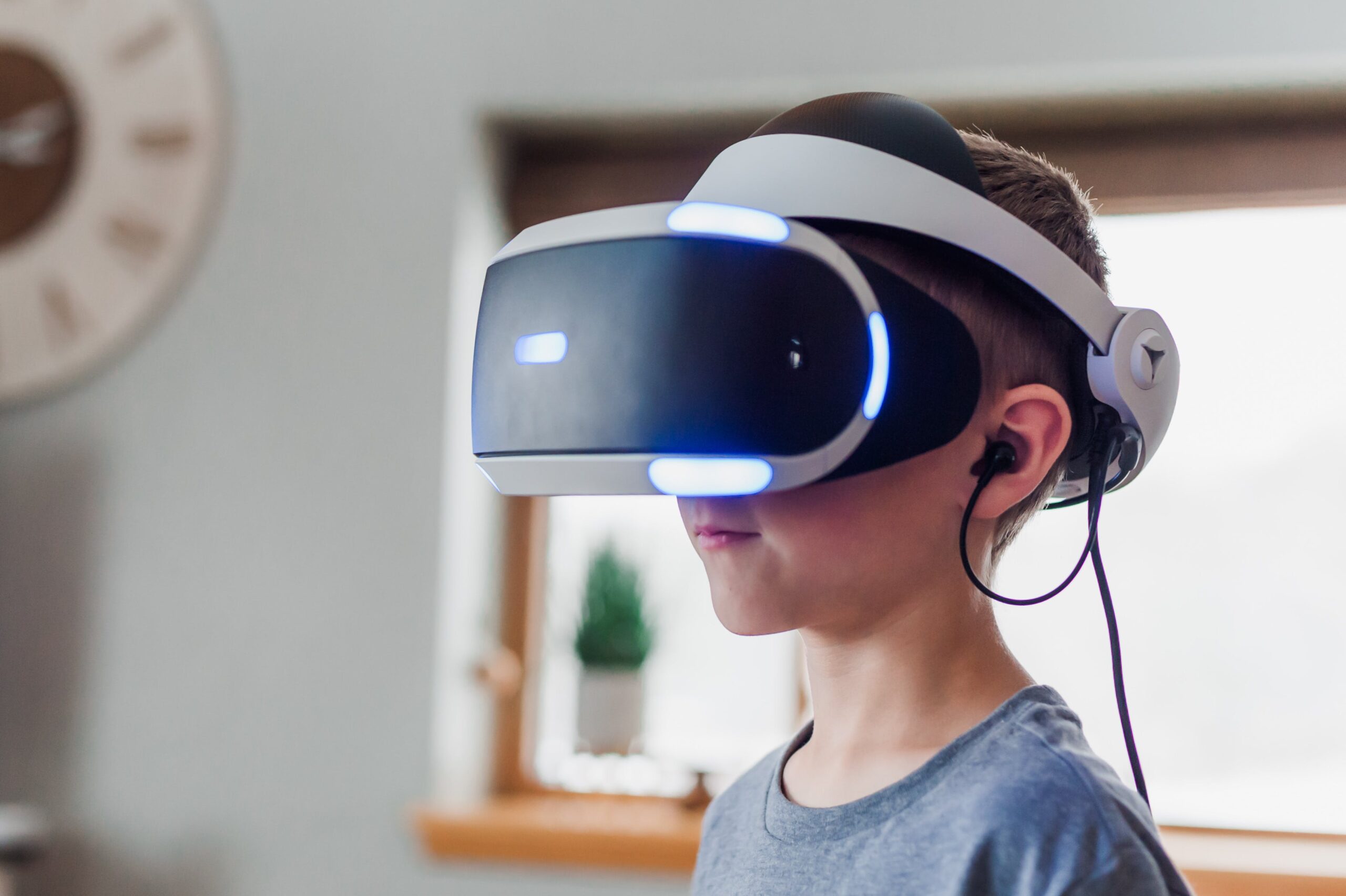
Virtual Reality (VR) has revolutionized education, providing immersive learning experiences that engage and captivate learners.
According to recent research by leading educational institutions, VR has shown a remarkable 80% increase in information retention compared to traditional learning methods.
This technology has gained momentum in transforming classrooms, offering interactive and realistic simulations that enhance comprehension and knowledge retention. As educators seek innovative tools to enrich learning, VR emerges as a game-changer, fostering deeper understanding and experiential learning.
The integration of Virtual Reality in education signifies a paradigm shift in teaching methodologies. Traditional learning often faces challenges in capturing students’ attention and maintaining their engagement. However, VR technology introduces a dynamic approach by creating lifelike environments and simulations that enable students to immerse themselves fully in the subject matter.
Keywords like “Virtual Reality,” “education,” and “immersive learning experiences” resonate throughout the educational landscape. Educational institutions worldwide are embracing VR technology to enhance learning outcomes and provide students with hands-on experiences that bridge theoretical knowledge with practical applications.
Immersive learning experiences offered by VR technology enable students to explore diverse subjects in a simulated environment. For instance, in biology classes, students can journey through the human body, witnessing biological processes firsthand. In history lessons, VR transports learners to historical events, allowing them to experience significant moments in time. Similarly, in physics or chemistry, students can conduct experiments within a safe and controlled virtual space.
The statistics speak volumes about the efficacy of Virtual Reality in education. Studies reveal that students using VR technology exhibit an 85% improvement in understanding complex concepts. Furthermore, 9 out of 10 educators agree that VR positively impacts students’ engagement and enthusiasm for learning.
The versatility of VR applications in education is vast, catering to various subjects and learning styles. Moreover, VR facilitates personalized learning experiences, adapting to individual student paces and preferences. It fosters collaborative learning environments where students can interact, communicate, and learn from each other, transcending geographical barriers.
As we navigate the possibilities of VR in education, its potential to revolutionize remote learning becomes evident. Especially in a post-pandemic world, where remote education is increasingly prevalent, VR offers a solution to bridge the gap between physical and virtual classrooms.
At Coding Brains, our software development company remains at the forefront of innovative technologies, including Virtual Reality, to empower educational institutions. We specialize in creating tailored VR solutions that enrich the learning journey for students and educators alike. Through our dedication to crafting immersive and impactful educational experiences, we continue to contribute to the evolution of education through technology.
In summary, Virtual Reality in education is not just a trend but a transformative tool that enhances learning by providing immersive experiences. With its ability to foster engagement, deepen understanding, and facilitate experiential learning, VR stands poised to reshape the future of education, making learning more captivating, effective, and accessible.
As technology continues to evolve, integrating Virtual Reality into education represents a forward-looking approach that prepares students for a dynamic and interconnected world, where knowledge knows no bounds.


Leave a Reply